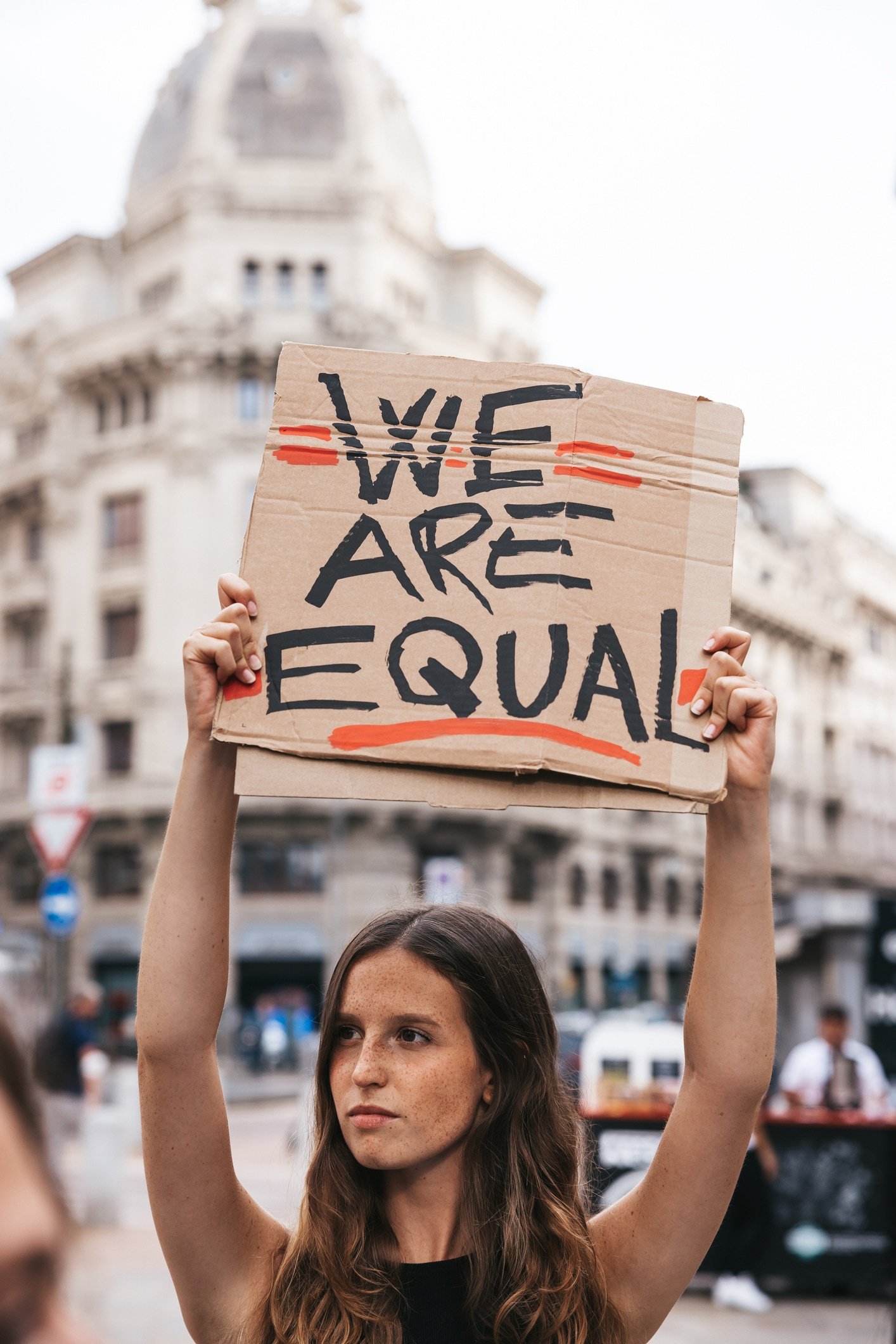They are the digital natives, having unprecedented access to global information and connections thanks to technology, surrounded by computers, internet, smartphones, social media. More likely to create than to share, ready to build something from scratch and work hard. Always “on-life” or in a dimension in which it is difficult to clearly distinguish the digital world from the real one. Technology is therefore an integral part of their lives, so much so that on average they use five different devices (compared to just two for Gen Y).
For them, diversity is synonymous with wealth and opportunity, they strongly believe in building a better world and they definitely want to be the protagonists, they are really hungry for inclusion. An example? They rely less on brands and more on brand values, rewarding inclusive and consistent companies and pushing them to adopt sustainable and socially responsible practices to attract and build trust with young consumers.

Cultures
Will Generation Z change the way we think about periods forever?
In the collective imagination, based on a genealogical bias – the so-called “of age”, a term coined in 1969 by geriatricians Robert Neil Butler – in which we tend to think that young people are all listless, unreliable and bored, we should rely on research that agrees to note that this generation is very socially engaged, work-oriented and independent and reliable. Certainly, at the same time, young people are vulnerable for various reasons, such as having experienced firsthand a global pandemic as well as climate change.
But they are also fragile because, if on the one hand social media can be an effective tool to make one’s voice heard, at the same time it can reflect a non-existent reality consisting of an intangible beauty, because it is created through filters that completely modify the facial and body features, and this can lead to a strong vulnerability to the pressure of “perfection” on social media.
According to some surveys, in fact, one in three girls feel the need to completely change their face through the use of filters before publishing their own content on social media. It would be appropriate to help young people to use social media in a positive way to build real media literacy, using it in a conscious and constructive way, without feeling overwhelmed by the pressure of perfection.
But overall Gen Z wants to make their voice heard, express their personality and ideas, thanks in part to social media by creating personalized content and interacting with a community similar to their interests, and that’s the beautiful and useful side of social media.
Gen Z is all about authenticity and individuality. If previous generations prefer to conform to the masses, Gen Z wants to become unique and stand out
Generation Z will therefore lead our country in the near future, but this requires the commitment and participation of all generations: only by working together can we face future challenges and guarantee a better future for all.

